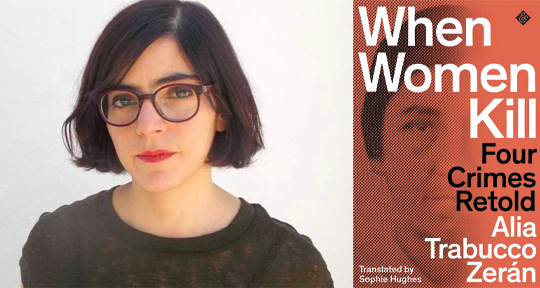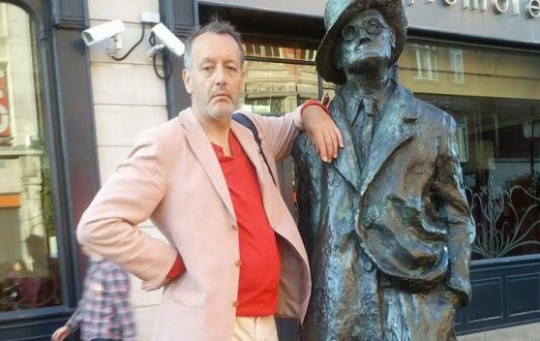This week, our editors from around the globe report on the political undertones of a Bangkok book fair, new translations of Indian literature, new magazines out of Puerto Rico, and celebrations of Francophone literature in Romania. Read on to find out more!
Peera Songkünnatham, Editor-at-Large, reporting from Thailand
Bookworms are back wheeling their suitcases around in the country’s biggest book fair. It is the place to get another year’s worth of kong dong (“pile of pickles”)—i.e., unread books. After a cancellation last year and a move online the year before, the twelve-day National Book Fair, organized by the Publishers and Booksellers Association of Thailand is being held at the new rail transport hub, Bangsue Grand Station, until April 6. Many publishers, both major and independent, release new books in anticipation of this event, where they can get a bigger cut from sales and buyers have come to expect extra-special discounts. With over 200 publishers participating, author meet-and-greets, and predictable logistical complaints at the temporary new venue, we can perhaps sense a return to normalcy.
If one looks at this normalcy more closely, however, one can see an increasing trend of explicit politicization in the largely commercial enterprise. The calendar of main-stage events includes book launches by pro-democracy politicians from the Move Forward Party and the Progressive Movement (of the disbanded Future Forward Party). The names of four such politicians, all men, grace the official calendar—without the titles of their books, oddly enough. The Progressive Movement is also publishing its first translation: an illustrated children’s book, นี่แหละเผด็จการ (Así es la dictadura) by Equipo Plantel, first published in 1977 in post-Franco Spain. These examples provide quite a contrast to ostensibly political but effectively depoliticizing events led by, for lack of a better word, the literary establishment, like the panel discussion “Stepping into the Third Decade of the Phan Waen Fa Award: Political Literature for Democratic Development,” featuring three award committee members and a literary scholar.



